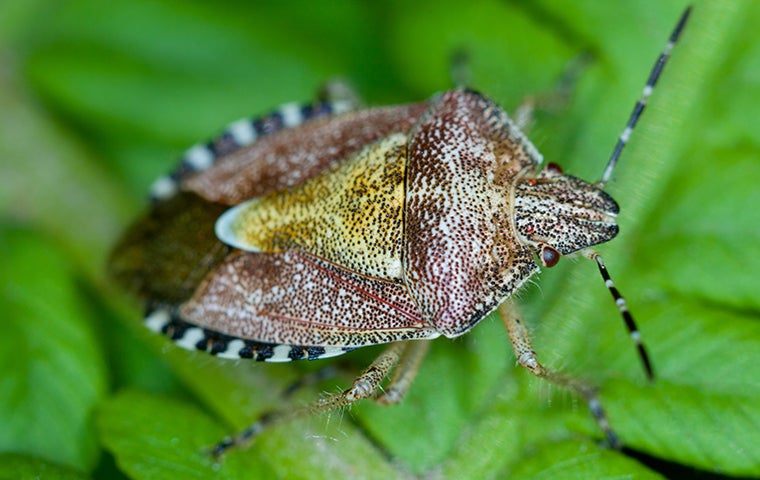In most cases, having insects and creatures around your home or business isn’t beneficial to you; typically, they’ll break down structures and personal belongings. If you get too close to them, they might sting, bite, or scratch you, and injuries can be severe. There’s also the threat of disease transmission or contraction. In addition to these concerns, some species can wreak havoc on your lawn or crops. Chinch bugs are an example; you’ll need pest control in Jacksonville to beat them.
Chinch bugs are a big problem. Many people don’t know how to deal with or prevent them because they might not have heard of these critters. Usually, a lack of knowledge leads to homemade or retail chinch bug killers. Find out what approaches are best and how Trad’s Pest Control can help with these insects. We can stop a chinch bug infestation.
What Is A Chinch Bug?
Chinch bugs are roughly 0.12 to 0.25 of an inch long. You likely won’t confuse them with another pest because they are distinct. While the base of their bodies may be dark-colored, their diverse patterns are dominant. In adulthood, many have triangle marks or white, black, or red spots, and on their backs are two sets of folded white wings. Generally, the young have red bodies that feature a white back stripe.
How Do I Know If My Lawn Has Chinch Bugs?
Fully mature chinch bugs tend to be most active during warmer months. They will mate and drop eggs into the soil or a plant they use as a host. The nymphs will instantly start feeding when hatching occurs about a week later. Their mouthparts help them withdraw vital sap from grass and other living organic matter. In the process, they release toxins that keep specimens from utilizing nutrients and water from the ground. As you can imagine, greenery may die.
A chinch bug infestation is evident when a yard has a plethora of massive yellow or brown grass patches. In addition to lawns, these insects often target crops, weeds, wheat, barley, and native grasses. Grades they favor include:
- Turfgrass
- Centipede Grass
- St. Augustine Grass
- Bermuda Grass
- Zoysia Grass
Keep in mind that zones with dry soil or sun exposure will be enticing to chinch bugs.
How Does One Get Rid Of Chinch Bugs?
You must ignore the compulsion to try commercial chinch bug killer or “do it yourself” tricks; their effectiveness is not worth their high price tag. Further, they can be too harsh on vegetation and harmful to humans and domestic animals. For a safe and robust solution, defer to us at Trad’s Pest Control.
Trad’s Pest Control has an entire division dedicated to lawn maintenance. Our treatments are low-risk and approved by the Environmental Protection Agency. For instance, our fertilization program consists of natural products. We deploy resources designed to combat yard diseases, weeds, and pests like chinch bugs. Call us today for a free estimate! We offer no-contract options, 24/7 web-chat, and same-day services!
Are Their Natural Ways To Prevent Chinch Bugs?
Here are things you can do to make your land less alluring to chinch bugs:
- See to it that the soil remains properly moist with irrigation and aeration.
- Mow the grass and trim the greenery on a routine basis. Try not to cut too much off; taller grass holds moisture for the soil.
- Make sure you sufficiently fertilize the lawn.
Once more, Trad’s Pest Control can provide care for your yard. We’ll be happy to assist you with grooming and monitoring your space. Our experienced pest control technicians can guide you on regulation. Reach out to us today!

